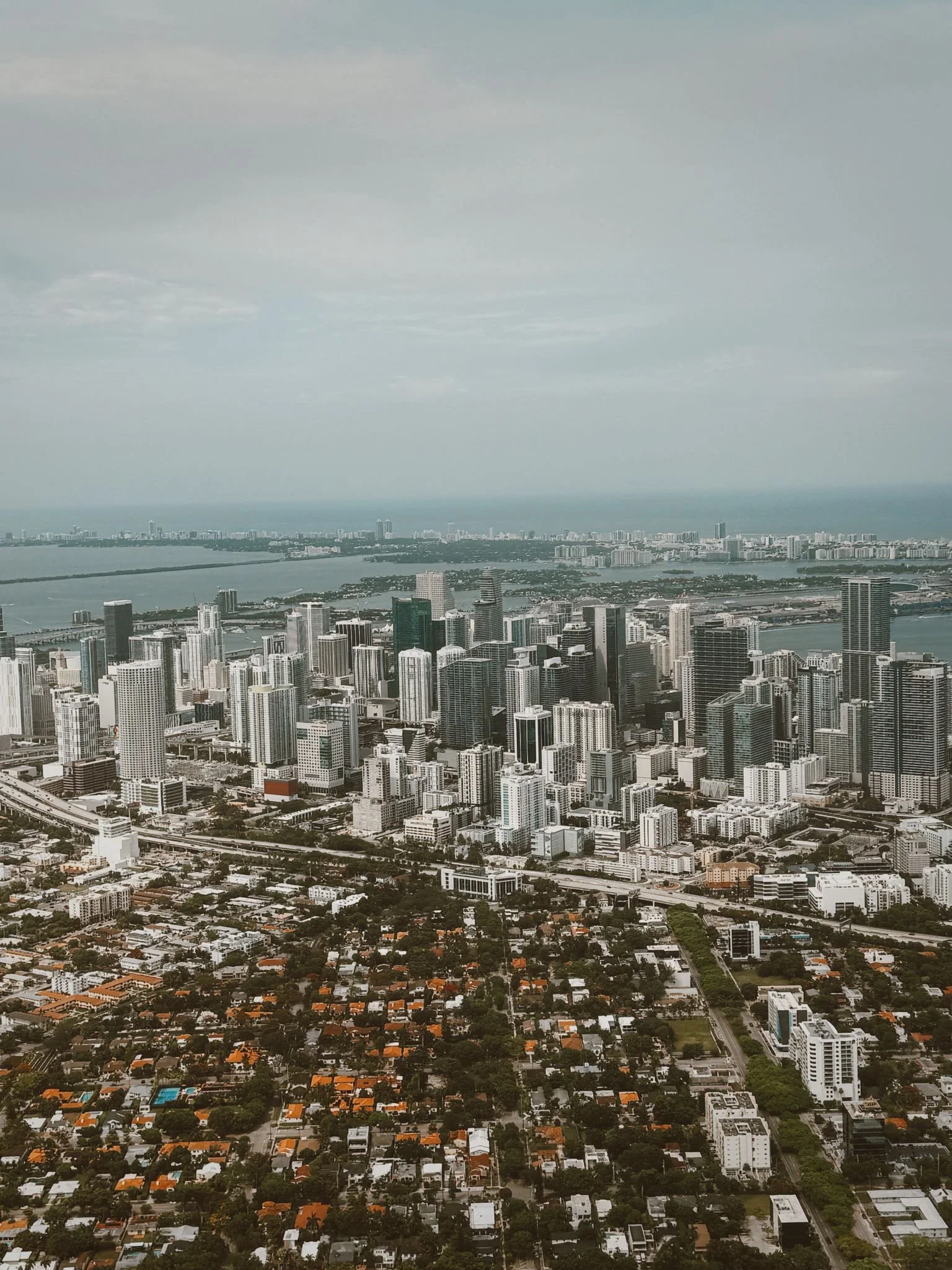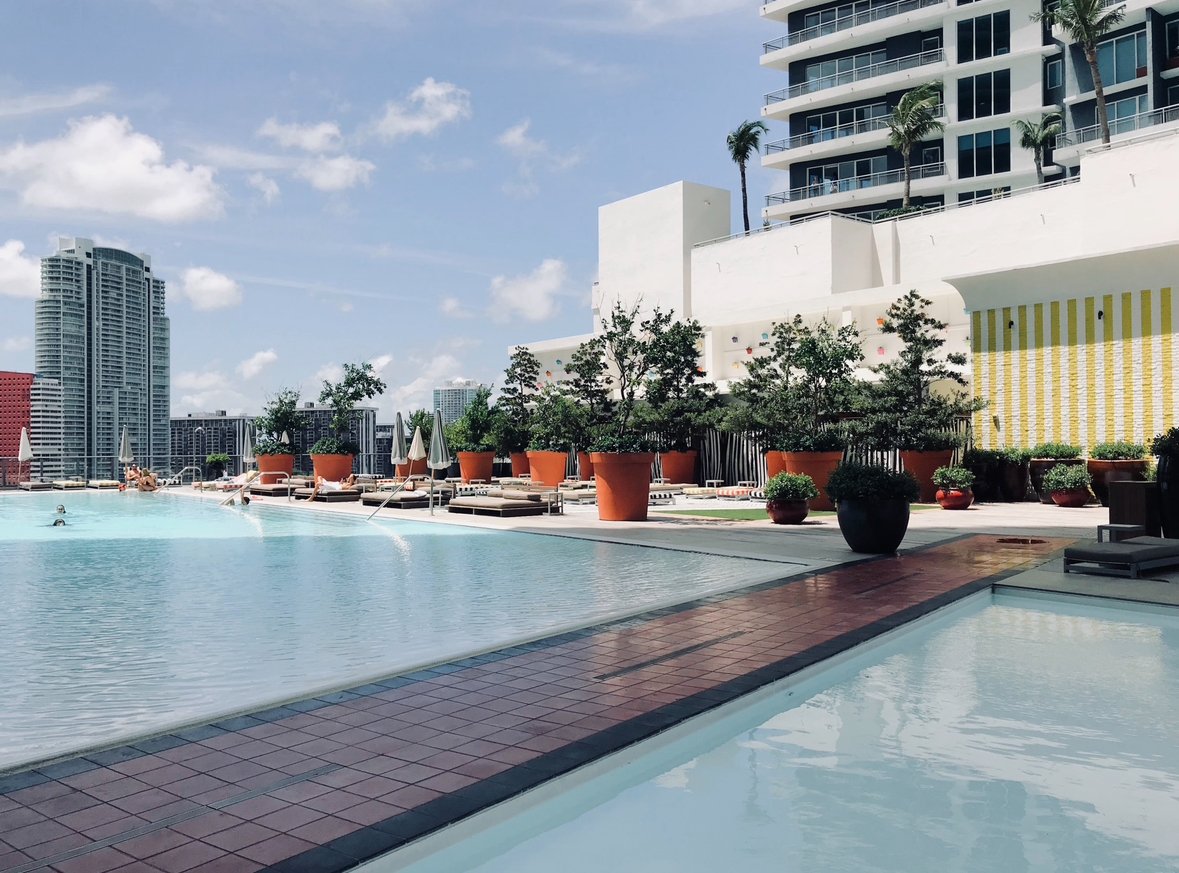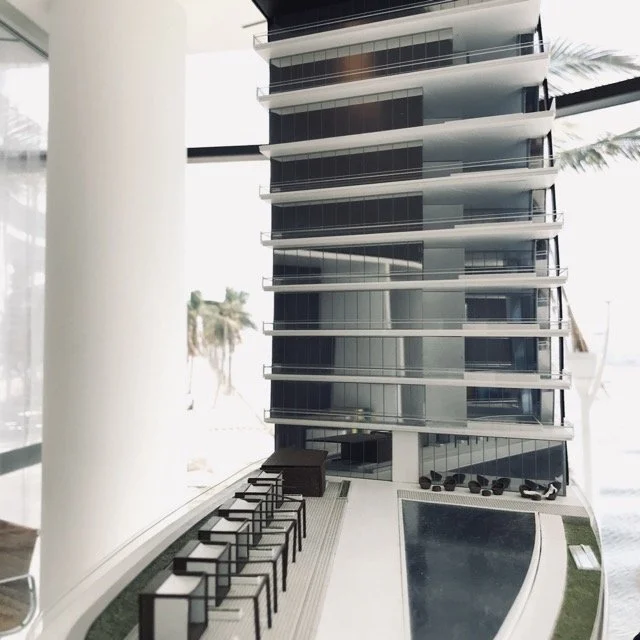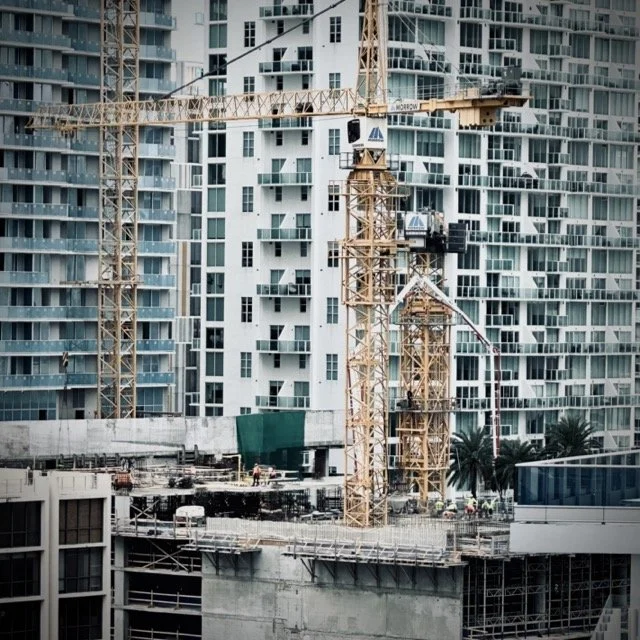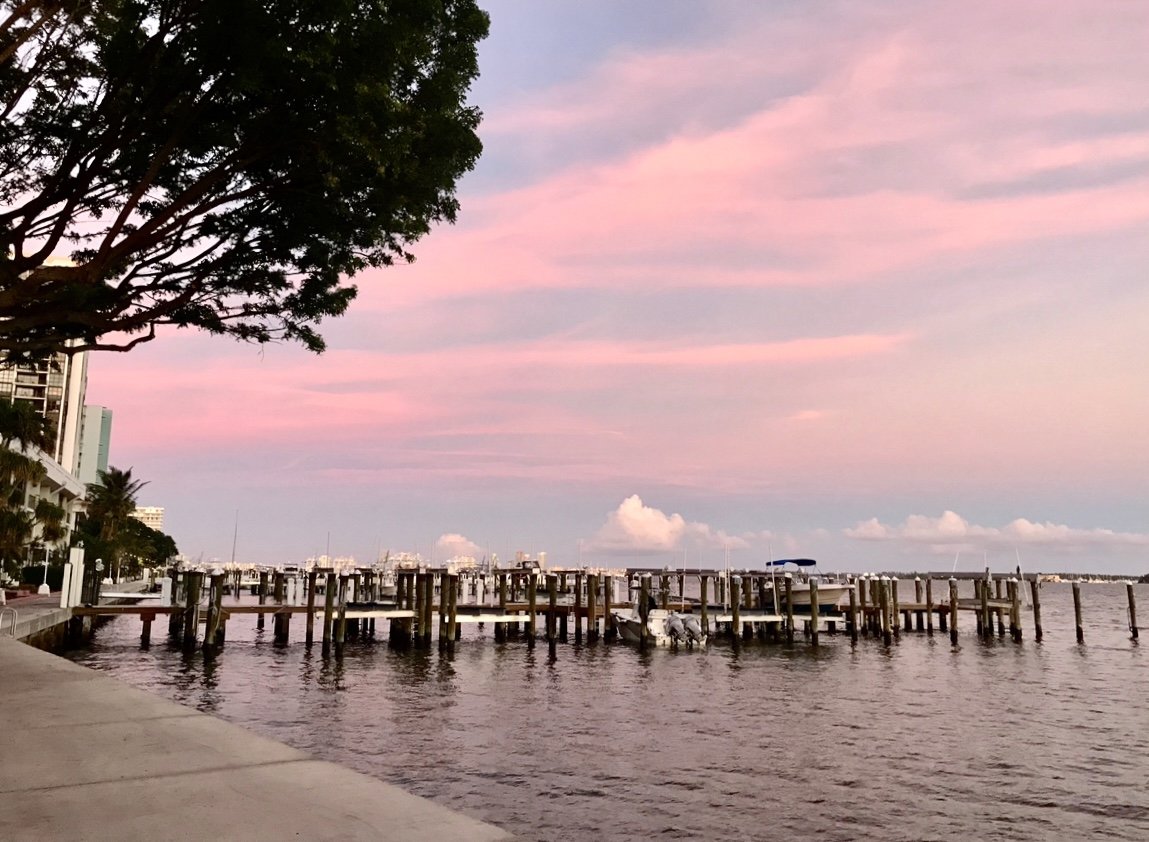Buying a Condo in Miami, What You’re Really Signing Up For
Buying a condo in Miami isn’t a Pinterest mood board. It’s a high-stakes, high-reward decision in a city that never stays still long enough to be summed up. The skyline is scaffolding one day, penthouse pool the next. If you're looking for permanence, look elsewhere. If you're looking for leverage, you're in the right place.
Let’s get clear on what matters.
Location isn’t just the view, it’s the return
In Miami, the zip code isn’t the full story. Brickell has the banking towers and the brunches. Edgewater has water views and zoning whispers. Wynwood’s loud in the best way but not always lender-friendly.
This isn’t about which neighborhood has the better gym. It’s about which one holds value through the next market cycle. Look at ownership patterns. Rental demand. Pending developments. Walk the area at night. Don’t just trust your agent, trust your feet.
Budget is a blueprint, not a wish
Most people underestimate the monthly carry. HOA fees in Brickell can eat half your mortgage if you’re not careful. Property taxes adjust after closing, not before. Insurance is a line item, not a footnote.
Get pre-approved. Even if you’re paying cash. It makes offers cleaner. It makes you faster. And in this market, speed gets you the unit.
You're not buying a condo, you're entering a micro-government
Condo associations run buildings like tiny municipalities. Some are proactive. Some haven’t updated their reserve studies since Obama’s first term.
Ask for the last two years of financials. Ask if the building has 40-year recertification or if it's due. Ask if there’s litigation. It only sounds boring until it’s your name on the special assessment letter.
Amenities age. So do expectations.
A rooftop pool sounds great. But who’s cleaning it? Who’s actually using it? And how much of your HOA fee is subsidizing features you don’t need?
Brickell buildings lean heavy on lifestyle optics, sauna, pet-spas, now even recording studios are part of the amenities. Just make sure you’re not paying champagne fees for tap water results.
Building condition: What you can’t see still costs you
Don’t just tour the lobby. Tour the garage. Check out the trash chutes. The stairwell. Buildings show their truth in the unpolished corners.
You need a professional inspection even if the seller says “everything’s been redone.” Especially if they say that. Sellers love a good manicure, fresh paint, new fixtures, the quick lipstick job. But what matters is what’s under the polish.
Layout: Function eats square footage for breakfast
A 1,200 square foot unit that’s long and narrow can feel more claustrophobic than an 850 square foot one with good cross-light.
Check ceiling heights. Natural light. Closet depth. Privacy from the front door to the bedroom. These are the things that make you stay or make you regret.
Special assessments: The part they hope you forget to ask about
If a building is over 20 years old and hasn't done major work recently, it’s not a question of if an assessment is coming. It's when.
Always ask: Are there any pending or recently passed special assessments? What was the last one? Was it paid in full or financed? That tells you how solvent or stressed the building is.
Age of the building: Not about charm, about capital
In Brickell, most of the inventory is early-2000s or newer. Which means you're either in that awkward aging phase not quite vintage, not quite modern or you're buying new construction with baked-in developer markups.
Either way, understand what decade you’re buying into. And what that means for materials, systems, and future value.
Financing: Not every lender loves your building
If the building has too many renters or is in litigation, conventional financing might not fly. Some buildings aren’t Fannie-approved.
You need a mortgage broker who understands Miami quirks not just someone who can quote you a rate.
Legal: The fine print isn’t optional
Your attorney should review the condo docs, bylaws, budget, and reserve study. They should also check for red flags like rental restrictions, pet limits, or surprise usage clauses.
Don’t skip this. It’s the difference between owning a home and inheriting a headache.
Development pipeline: Zoom out
What’s breaking ground next door? Is there a major rezoning happening two blocks over? Is a park going in or coming out?
Follow the city’s planning board meetings. Read the local agenda. Ask your agent what’s coming and how it will affect you.
Bottom line
You’re not just picking a unit. You’re choosing a financial ecosystem. A political structure. A lifestyle. A bet on the future of a street, a skyline, a city.
And in Miami, that bet can pay off if you ask better questions than the last buyer.
📱 786.879.9502
📧 nadia@hlrealestategroup.com
I’ll help you find the right one. And skip the ones and that smell like paint and problems.



